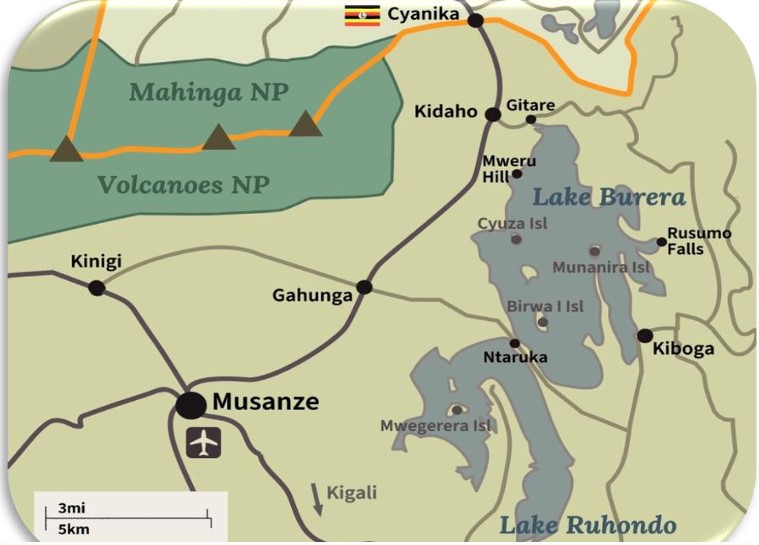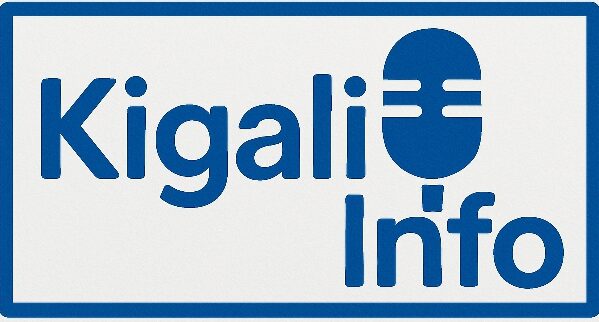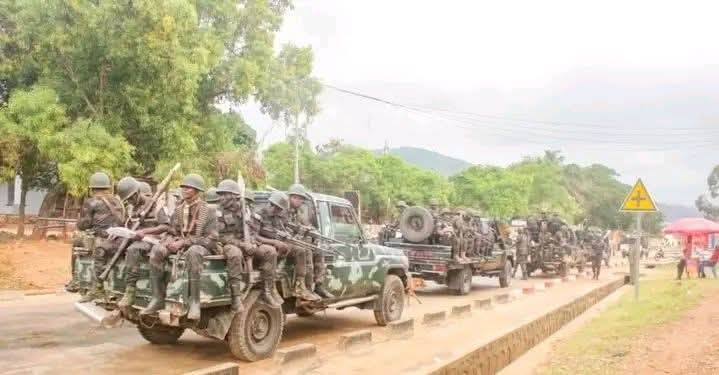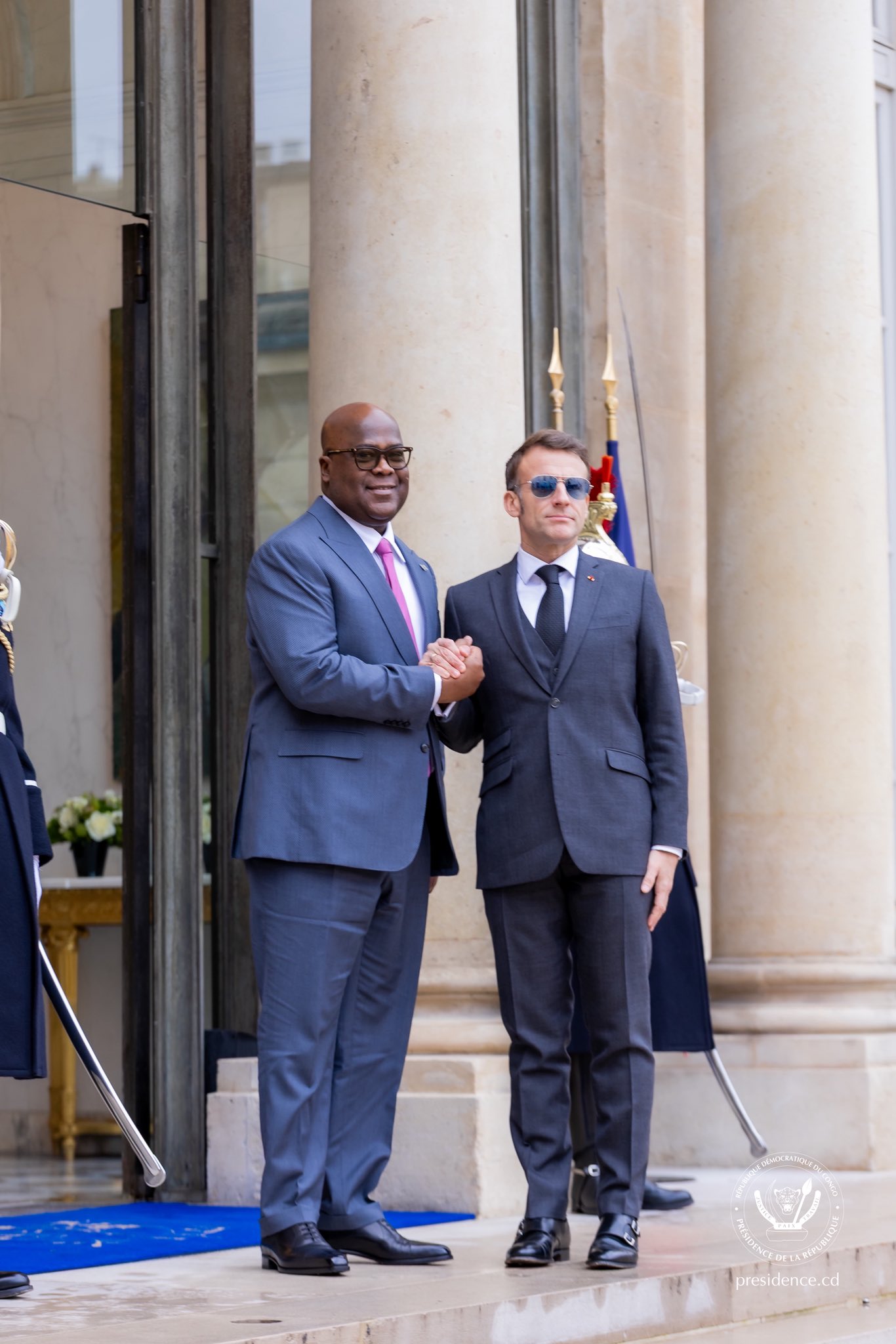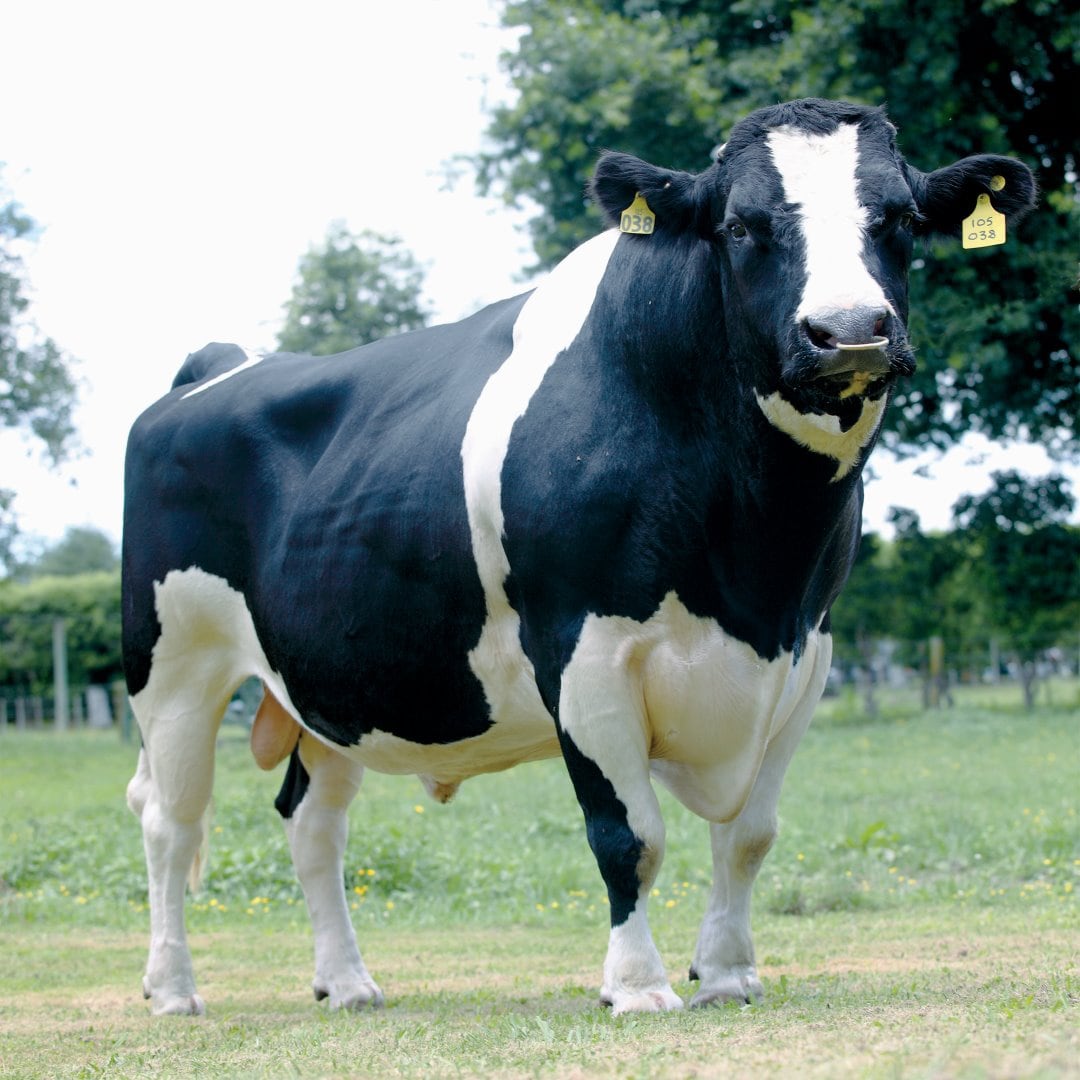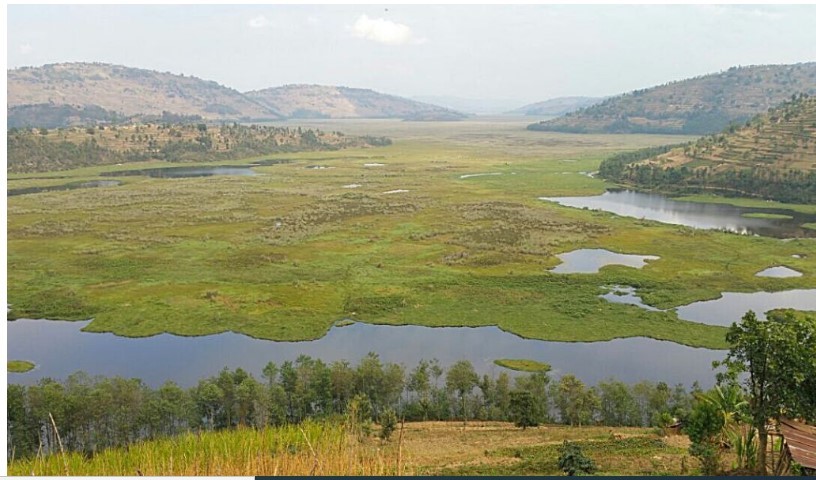
Rwanda is taking the first steps towards establishing a UNESCO Global Geopark initiative through a one-day National Consultation Workshop on UNESCO Global Geoparks, scheduled for Monday, 29th September in Musanze District.
Organized by the Rwanda National Commission for UNESCO (CNRU) in collaboration with the UNESCO International Geoscience and Geoparks Programme (IGGP) Secretariat, the Rwanda Mines, Petroleum and Gas Board (RMB), and the National Geopark Committee, the workshop will bring together key national and local stakeholders.
The meeting aims to strengthen awareness and capacity on UNESCO Global Geoparks and lay the foundation for a future Rwandan Geopark project.
The initiative will focus on three already proposed sites of geological and ecological significance, which are:
Rugezi Wetland: A restored high-altitude marsh covering more than 6,700 hectares, Rugezi plays a critical role in regional water systems, supports hydropower generation, and provides habitat for endangered bird species such as the Grey Crowned Crane. Its restoration won Rwanda the Green Globe Award in 2010 and continues to provide livelihoods through biodiversity protection and community initiatives.
Twin Lakes of Burera and Ruhondo: Formed by volcanic activity at the foot of the Virunga Massif, these scenic lakes are interconnected by the Ntaruka River and surrounded by rich biodiversity. They provide freshwater, support fishing, tourism, and hydropower generation, while also serving as a natural hub for geotourism and environmental education.
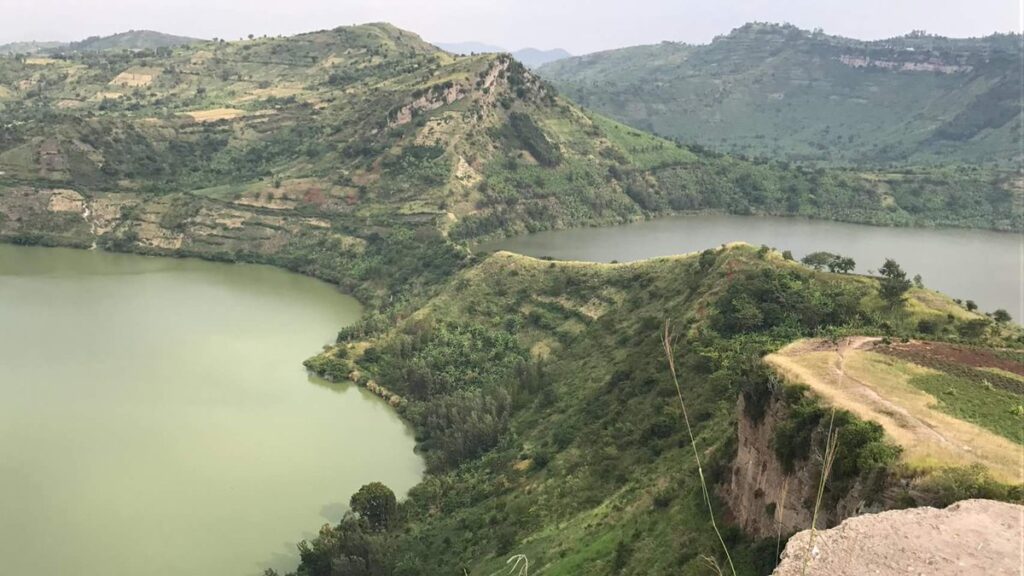
Musanze Caves: Stretching over 10 kilometers, these ancient volcanic caves were formed millions of years ago and are lined with impressive geological features such as basalt formations, stalactites, and stalagmites. They also hold cultural value as sites historically used for shelter and rituals, while today serving as a thriving ecotourism attraction.
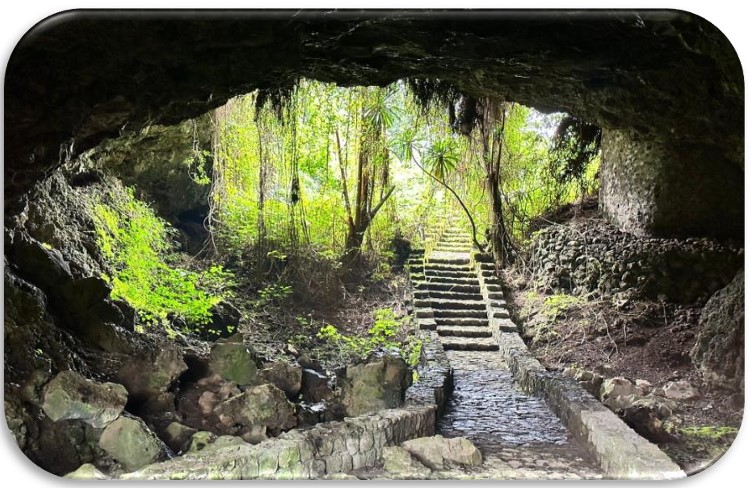
Through this workshop, Rwanda seeks to harness its geological heritage for sustainable development, community empowerment, and geotourism promotion, following the global model of UNESCO Global Geoparks.
If successful, Rwanda could join only African Morocco (with the M’Goun Geopark) and Tanzania (with the Ngorongoro-Lengai Geopark) currently hosting UNESCO Global Geoparks, placing the nation at the forefront of conserving geological heritage while creating new opportunities for local communities.
